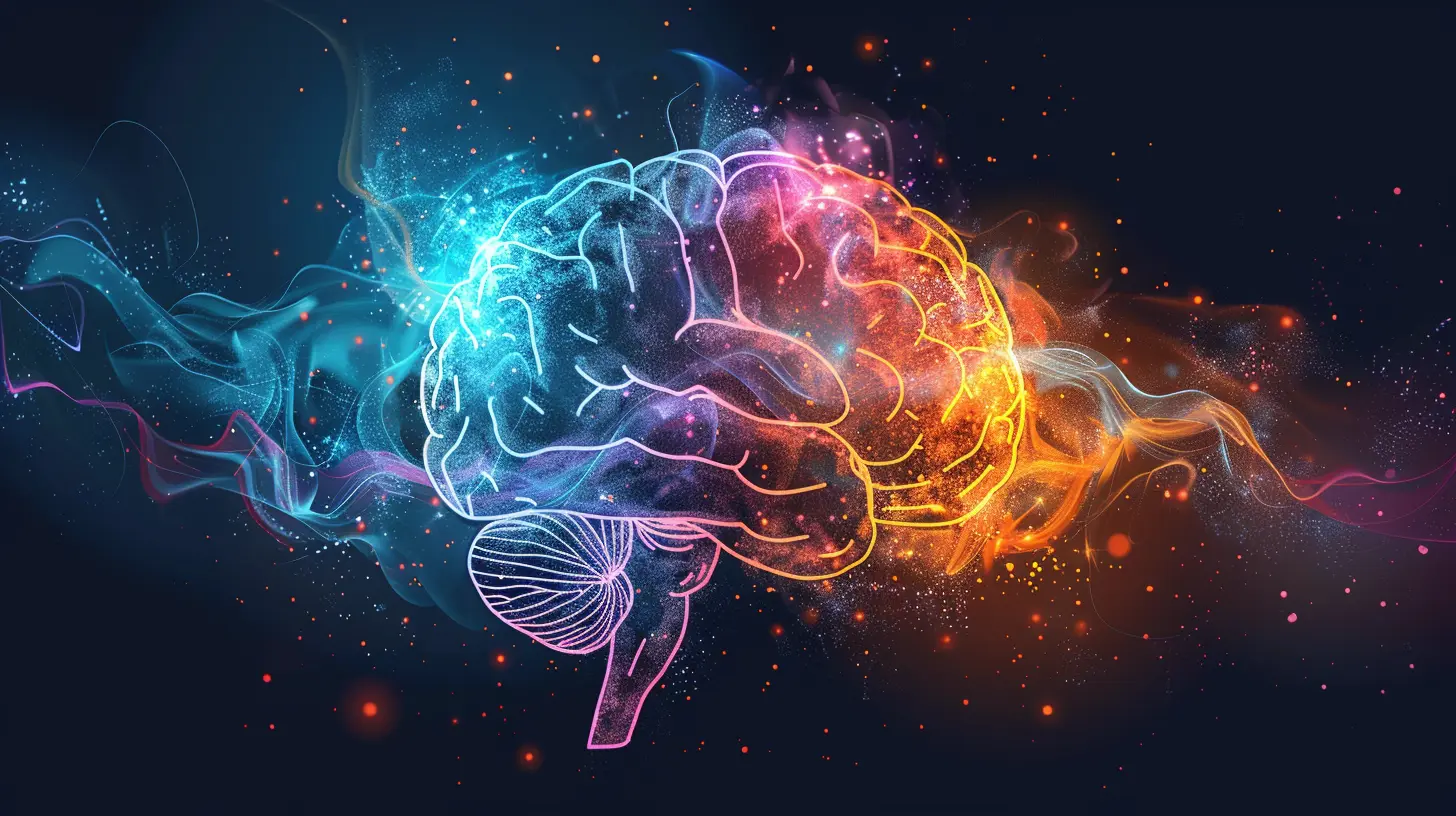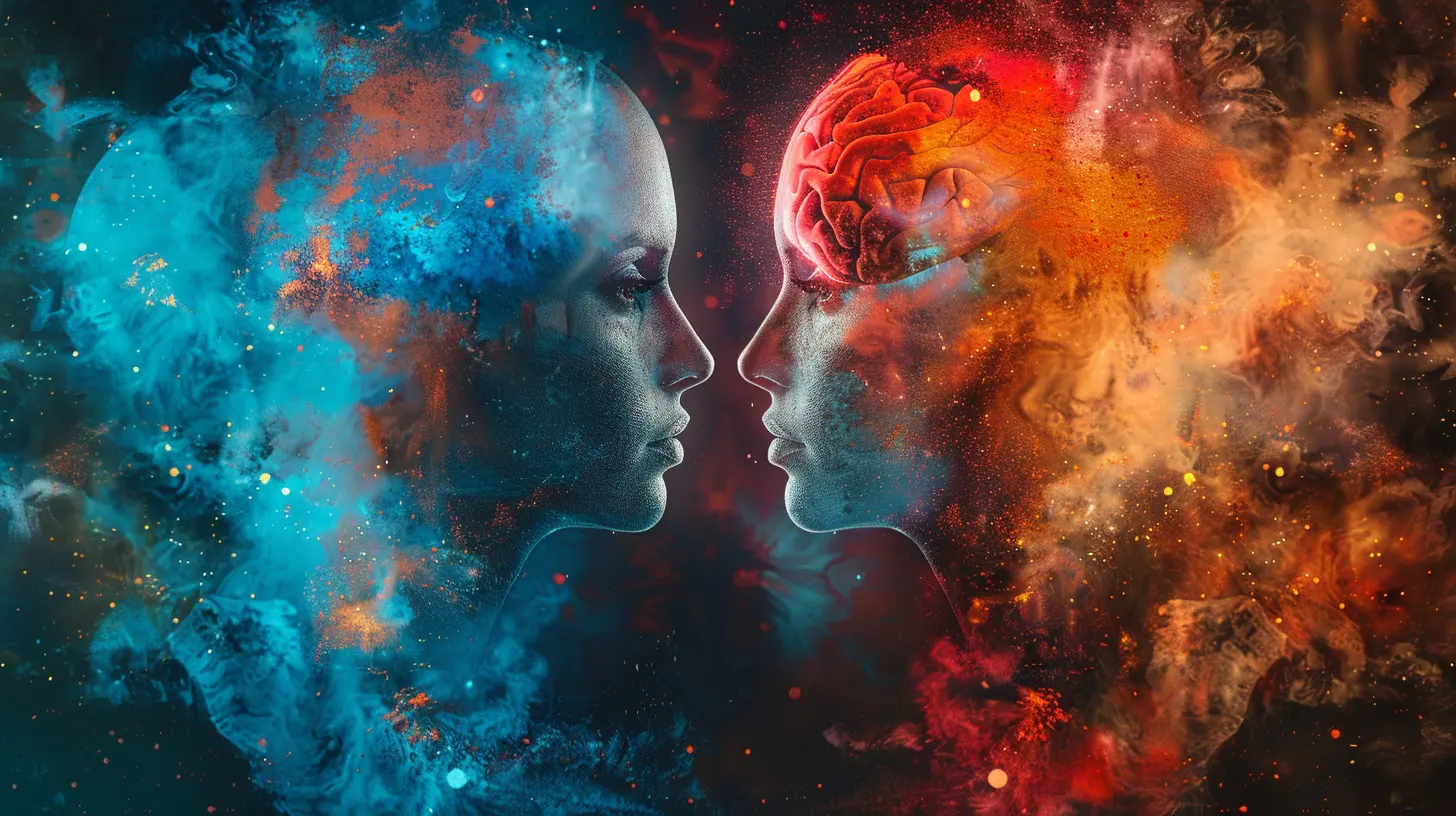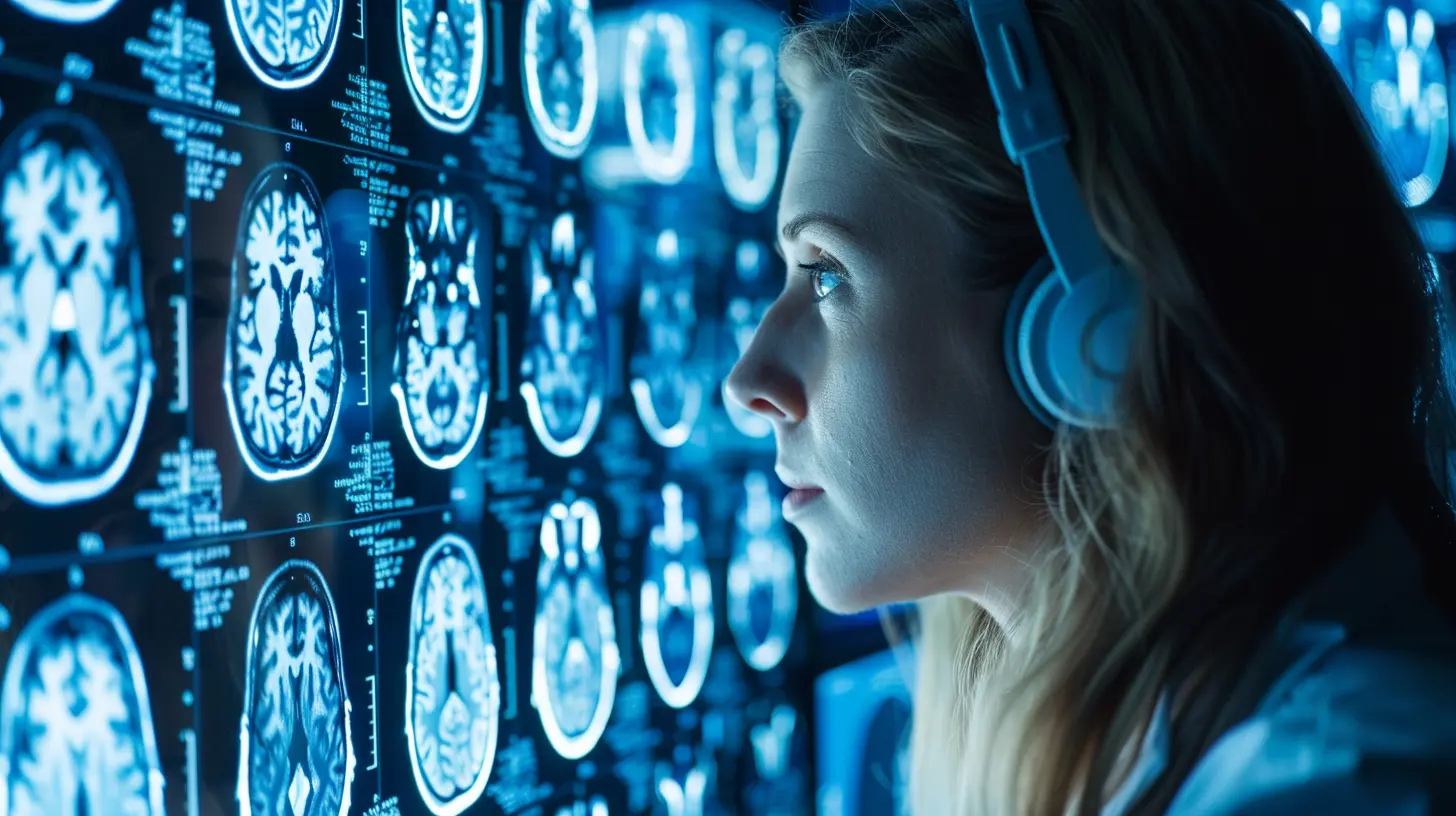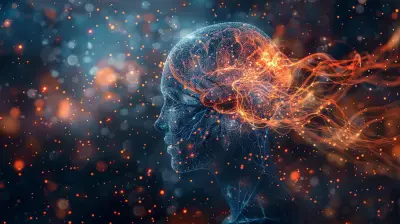9 April 2025
Psychology and neuroscience have always been close companions in understanding the human mind. While psychology helps us interpret behaviors, emotions, and cognition, neuroscience dives deeper into the biological roots of these mental processes. But where do these two fields intersect? One of the most fascinating connections is through psychological testing.
From intelligence assessments to personality evaluations, psychological tests provide a structured way to measure different aspects of human cognition and behavior. But with advances in neuroscience, we're now able to see why people perform the way they do on these tests.
In this article, we’ll take a deep dive into how neuroscience and psychological testing work together, revolutionizing our understanding of human behavior.

Understanding Psychological Testing
Psychological tests are structured assessments designed to measure different aspects of cognition, emotion, and personality. These tests fall into various categories, including:- Cognitive Tests – Measure intelligence, memory, problem-solving, and attention. Think of IQ tests or working memory assessments.
- Personality Tests – Assess traits, behaviors, and emotional responses. The famous Myers-Briggs Type Indicator (MBTI) or the Big Five Personality Test fall into this category.
- Neuropsychological Tests – Specifically evaluate how brain health affects cognitive ability. These are often used for diagnosing conditions like Alzheimer’s or ADHD.
For decades, psychologists have relied on these assessments to understand human behavior. However, neuroscience has added an entirely new layer of depth to these findings.

How Neuroscience Enhances Psychological Testing
1. Brain Imaging Reveals What We Can’t See
Traditional psychological tests give us valuable insights, but they don’t show us what’s happening under the hood. This is where neuroscience steps in.Techniques like fMRI (Functional Magnetic Resonance Imaging) and EEG (Electroencephalography) allow scientists to see which parts of the brain activate during specific tests. If someone struggles with memory tasks, an fMRI can show whether their hippocampus (a key memory center) is functioning properly.
For example, studies have shown that people with ADHD often exhibit lower activity in the prefrontal cortex during attention-based tasks. Knowing this allows for better diagnosis and personalized treatment strategies.
2. Neuroscience Helps Refine Psychological Tests
Traditional tests are effective, but they aren’t perfect. With neuroscience, we can refine these assessments to be even more accurate.Take intelligence testing, for example. The classic IQ test has been debated for years—does it really measure intelligence, or just test-taking ability? Neuroscience has helped clarify this by identifying neural correlates of intelligence, such as processing speed and working memory.
Now, researchers are developing cognitive tests that directly measure brain activity rather than just relying on paper-and-pencil tasks. This makes psychological testing more objective and reliable.
3. Predicting Mental Health Disorders Before Symptoms Appear
Mental health conditions like depression and schizophrenia often take years to diagnose. But what if we could detect them early?Neuroscientists are working on identifying biomarkers—biological indicators that suggest a person is at risk for a mental health disorder. Psychological tests combined with brain imaging can help spot these early warning signs.
For instance, research has shown that reduced activity in certain brain regions can predict depression before a person begins experiencing severe symptoms. This could revolutionize early intervention strategies, allowing for treatment before the disorder fully develops.

The Future of Psychological Testing in the Age of Neuroscience
With technology advancing rapidly, the future of psychological testing is looking more exciting than ever. Here are some promising developments:1. AI-Powered Brain Scans for Testing
Artificial intelligence (AI) combined with neuroscience has the potential to change the way psychological testing is conducted. Instead of relying solely on human interpretation, AI can analyze brain scans and detect patterns indicative of cognitive strengths and weaknesses.Imagine taking a personality or intelligence test where an AI-driven system uses your brain activity to provide a more accurate result! This could eliminate cultural or educational biases that sometimes affect traditional psychological assessments.
2. Wearable Technology for Continuous Monitoring
Psychological tests typically involve one-time assessments, but what if we could gather data continuously? Wearable EEG devices and smart headbands are already emerging, allowing individuals to monitor their cognitive function over time.For instance, someone struggling with anxiety could wear a device that tracks brainwave patterns throughout the day. This data could then be used to tailor psychological interventions in a more personalized way.
3. Virtual Reality (VR) in Psychological Testing
Neuroscientists and psychologists are now using Virtual Reality (VR) to create more immersive and realistic testing environments. Instead of relying on written questionnaires, individuals can be placed in simulated situations that test their real-life reactions.For example, someone with PTSD can be assessed in a controlled VR setting to measure their response to stimuli associated with their trauma. This offers a more precise way to evaluate emotional and cognitive responses than traditional tests alone.

Ethical Considerations in Using Neuroscience for Psychological Testing
As exciting as these innovations are, they also come with ethical concerns.- Privacy Issues – Brain data is deeply personal. Who gets access to this information, and how is it protected?
- Misuse of Brain Data – Could employers or insurance companies use neuroscience-based testing to discriminate?
- Consent and Autonomy – Ensuring that individuals fully understand what brain-based psychological testing involves is crucial.
These ethical dilemmas will need to be addressed as neuroscience continues to shape psychological testing. Striking a balance between scientific progress and ethical responsibility is key.
Final Thoughts
The intersection of neuroscience and psychological testing is transforming how we understand the mind. We’re no longer just relying on answers from a questionnaire—we’re looking directly into the brain to see what’s happening at a biological level.From refining intelligence tests to predicting mental health conditions before they manifest, neuroscience is revolutionizing psychological testing in ways we never imagined. And as technology advances, we can only expect these tools to become even more accurate and personalized.
Still, as exciting as this progress is, ethical considerations must remain at the forefront. Privacy, consent, and potential misuse of brain data are real concerns that need strict regulations.
At the end of the day, blending psychology with neuroscience isn’t just about improving tests—it’s about understanding people better. And the more we understand, the more we can help individuals reach their full potential.




Falkor Conrad
This fascinating exploration of neuroscience and psychological testing highlights the incredible synergy between brain science and mental health. Embracing this intersection opens new pathways for understanding ourselves and enhancing well-being. Knowledge is power; let’s harness it together!
April 11, 2025 at 4:56 AM